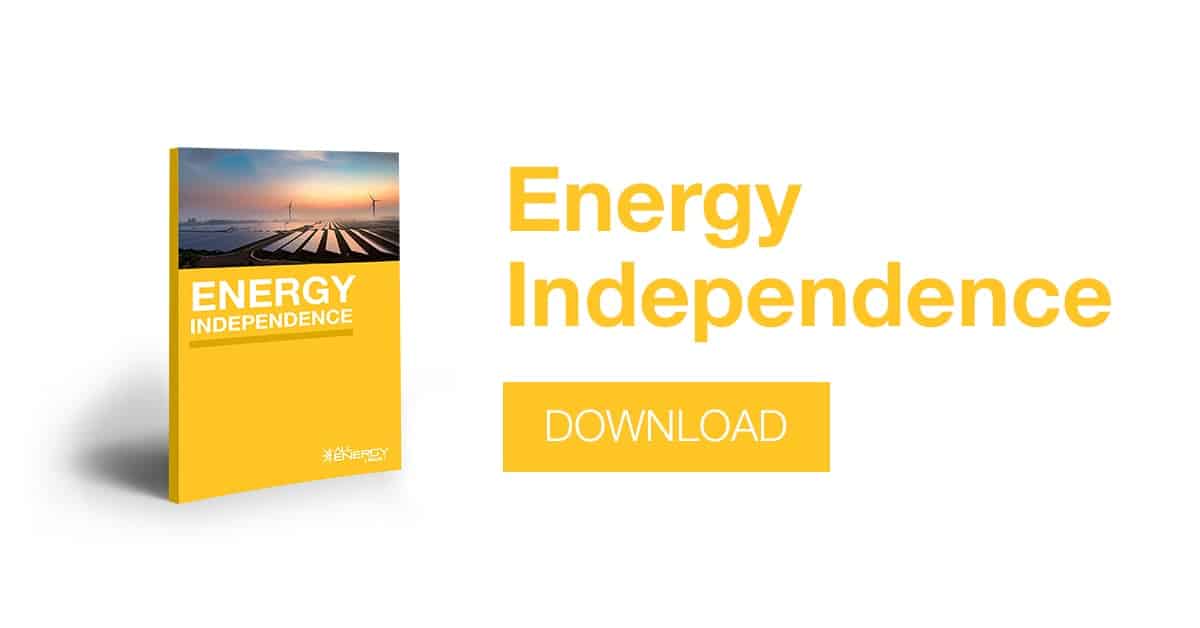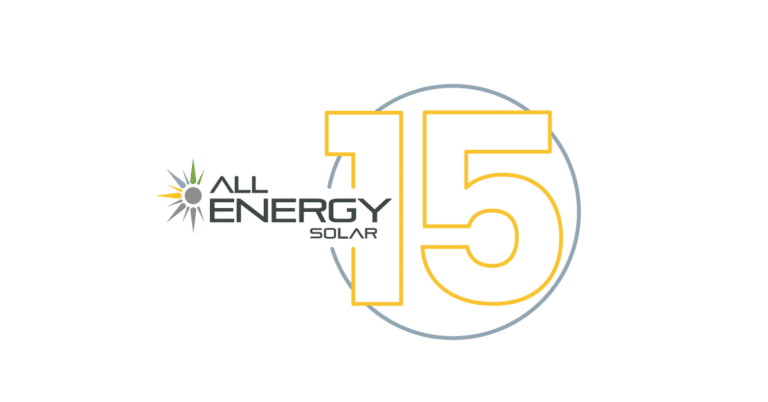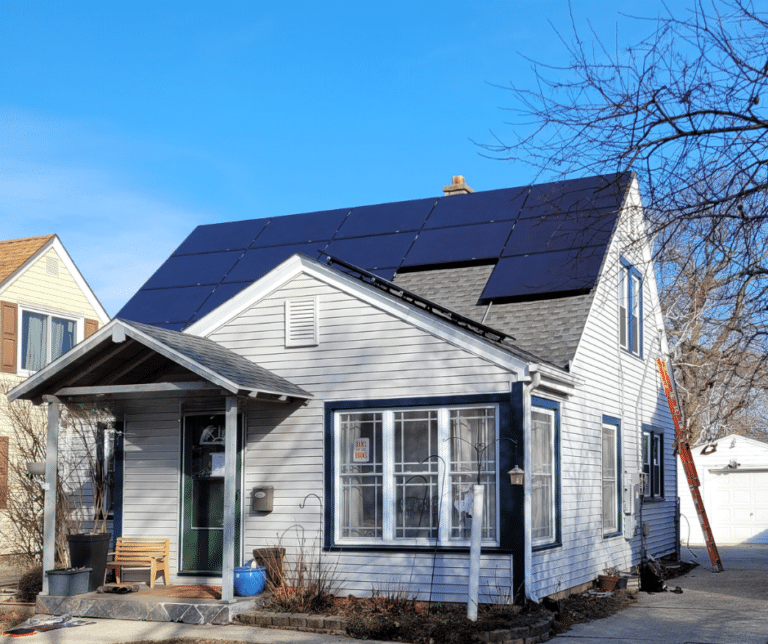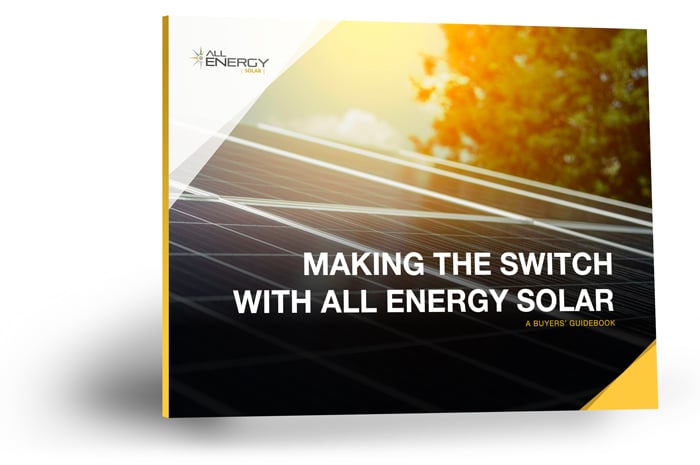If you’re considering purchasing your own solar panel system, 2019 is your year to do so! With the 30% federal tax credit set to decrease and eventually expire in the coming years, moving quickly is key if you’re looking to cash in on the savings. Here’s a quick review of the different solar panel systems available to you right now.
Grid-tied solar panel system
Grid-tied solar panel systems are by far the most common system in use today. When your system is referred to as “grid-tied”, that simply means your home is connected to the vast network of power lines and distributors spanning the country.
Your solar panels and the energy grid work in tandem. The excess energy you generate is passed along and fed to the grid, offering up incentives to the vast majority of homeowners. In return, energy is also pulled into your home when your panels aren’t producing at peak potential. This collaboration leaves your monthly energy bill smaller than usual.
Incentives like net metering allow you to take advantage of the many benefits solar energy offers, drastically cutting into your monthly bill or eliminating it entirely in some cases.
Hybrid solar panel system
Hybrid solar panel systems work similarly to their grid-tied counterpart, with the major difference being the addition of an energy storage system located within your home.
These systems offer the best of both worlds. You can store excess energy on your battery for backup during a blackout or expensive peak electricity pricing hours. Hybrid solar systems have spurred on a number of innovative technology within the solar energy landscape, allowing consumers to take advantage of these changes.
Off-grid solar panel system
Unlike grid-tied or hybrid systems, the off-grid system opts out of any connection to the power grid and operates as a fully self-sufficient energy system.
Off-grid systems can either power homes out of the power grid’s reach, like cabins or vacation homes, or outfitted for campers and RVs where mobility is necessary. Off-grid systems qualify for the federal tax credit but generally forfeit other incentives offered, such as net metering. This is because these incentives are offered locally through utility companies. However, being completely off-the grid may not be an option for many homeowners as most municipalities require homes and businesses to be tied to the grid.
Speak with your local solar installer for a free quote and learn more about which type of solar installation is right for you!
Download our eBook, Energy Independence, to learn how your solar panels can bring you one step closer to achieving an energy independent home!


